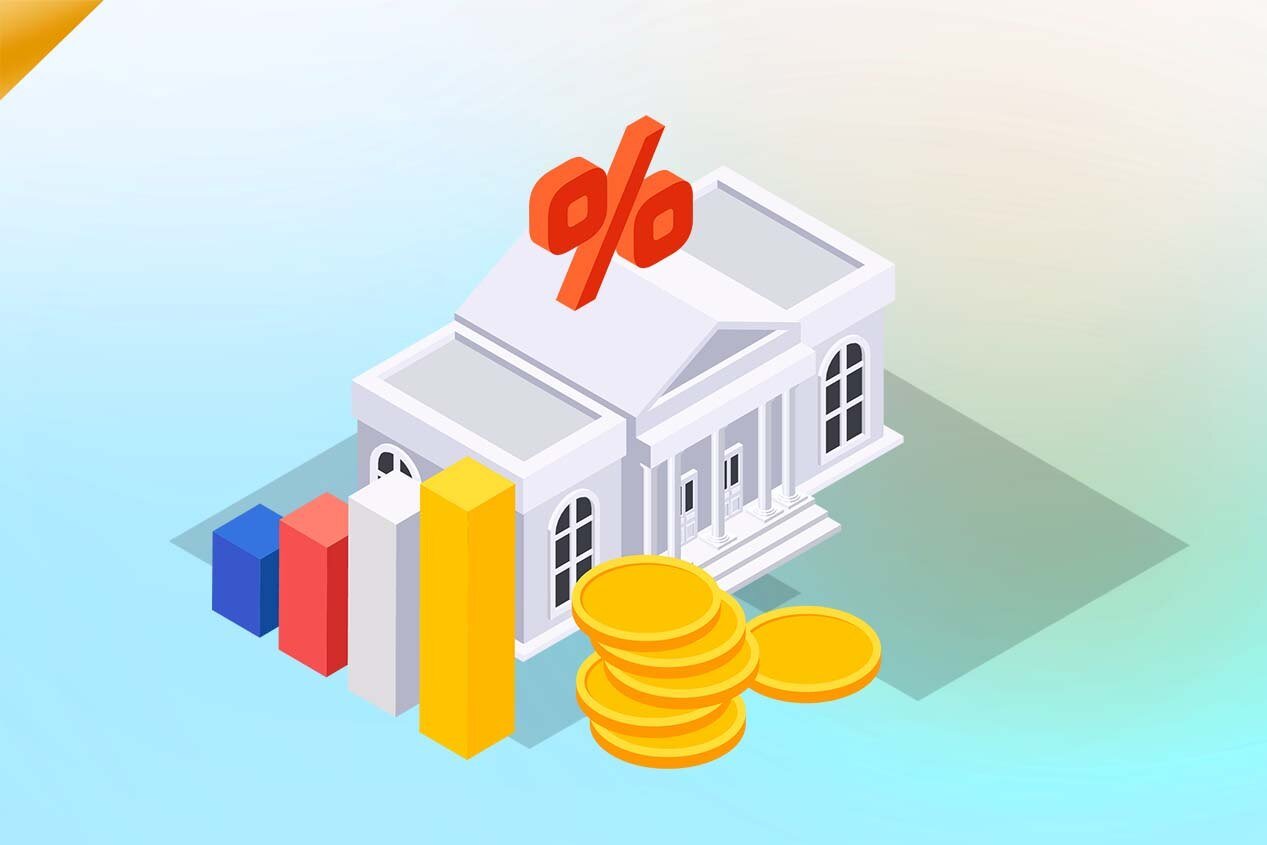
Impact of CBN's increased interest rate on your loans
Author Eyitemi Efole
The Central Bank of Nigeria (CBN) recently increased its interest rate as part of its ongoing efforts to control inflation. This move directly impacts borrowers across the country, as higher interest rates translate into increased loan costs.
To better understand this shift, let’s clarify some essential terms:
● Interest Rate: The percentage charged by lenders on borrowed money.
● Loan: A sum of money borrowed that is expected to be paid back with interest.
● Inflation: The rate at which the general level of prices for goods and services rises, eroding purchasing power.
● Monetary Policy: Economic strategies used by the central bank to control inflation and stabilize the economy.
This article will explore how the recent rate hike affects your loans in Nigeria and provide practical strategies for managing the increased financial burden.
Understanding the Impact
When the CBN increases interest rates, it directly affects the cost of borrowing. Here’s how:
● Higher Loan Repayments: The primary impact is that monthly loan repayments will rise. For example, if you have a loan with a variable interest rate, your lender will adjust the rate upward in response to CBN’s policy.
● Larger Installments: A higher rate may increase your monthly installments, which can strain your budget if your income hasn’t changed.
● Increased Interest Charges: Over time, you’ll pay more in interest than initially planned, especially if you have a long-term loan. This means more of your payment goes toward interest rather than reducing the loan principal.
| Loan Amount | Old Interest Rate | New Interest Rate | Monthly Repayment Increase |
| ₦1,000,000 | 18% | 22% | ₦4,500 |
| ₦2,500,000 | 18% | 22% | ₦11,250 |
Understanding these changes is key to maintaining financial stability.
Strategies for Managing Increased Loan Costs
Faced with increased loan costs, borrowers need to adopt strategies to manage their financial obligations:
1. Refinancing: Consider refinancing your loan to get a better interest rate. Some lenders offer competitive rates or fixed rates, which may help you lock in a lower payment.
2. Debt Consolidation: Combine multiple loans into one with a lower interest rate. This simplifies payments and can potentially lower your overall interest costs.
3. Budgeting and Financial Planning: Reassess your budget to prioritize loan repayments. Cut down on non-essential expenses and increase savings to manage the higher repayments.
4. Government Assistance: Look into programs designed to assist borrowers. For example, some Nigerian government initiatives aim to support individuals and businesses affected by rising borrowing costs.
By proactively managing your finances, you can minimize the impact of the CBN’s rate hike on your personal or business loans.
The Economic Implications
The CBN raised interest rates primarily to control inflation, which had been steadily rising in Nigeria. By increasing rates, borrowing becomes more expensive, slowing down spending and reducing inflationary pressures. However, this approach has broad economic consequences:
● Reduced Consumer Spending: Higher interest rates discourage borrowing, leading to decreased consumer spending and investment.
● Slower Business Growth: Small and medium-sized enterprises (SMEs) may find it harder to access affordable credit, leading to slower growth.
● Long-Term Effects: While the goal is to stabilize the economy, the long-term impact on borrowers may include decreased purchasing power and financial stress, especially if wages don’t rise proportionally with the cost of borrowing.
Conclusion
The recent CBN interest rate hike has significant implications for borrowers in Nigeria. While the increase aims to control inflation, it creates challenges for loan repayments and financial planning. By understanding the impact on your loans and employing strategies like refinancing, debt consolidation, and budgeting, you can better manage the increased costs. Always stay informed and explore options such as government programs that may offer relief. The key is to stay proactive and adaptable during periods of economic change.
About Author

Eyitemi Efole
Eyitemi Efole is exploring the marketing field, with a particular interest in brand management, strategy, and operations. She is keen on understanding how brands build trust and connect meaningfully with their audience.






.jpg?width=352&name=Nigerian%20Govt%20External%20Debt_How%20Does%20This%20Affect%20You%201%20(1).jpg)

.jpg?width=352&name=Nigerian%20Govt%20External%20Debt_How%20Does%20This%20Affect%20You%201%20(2).jpg)
